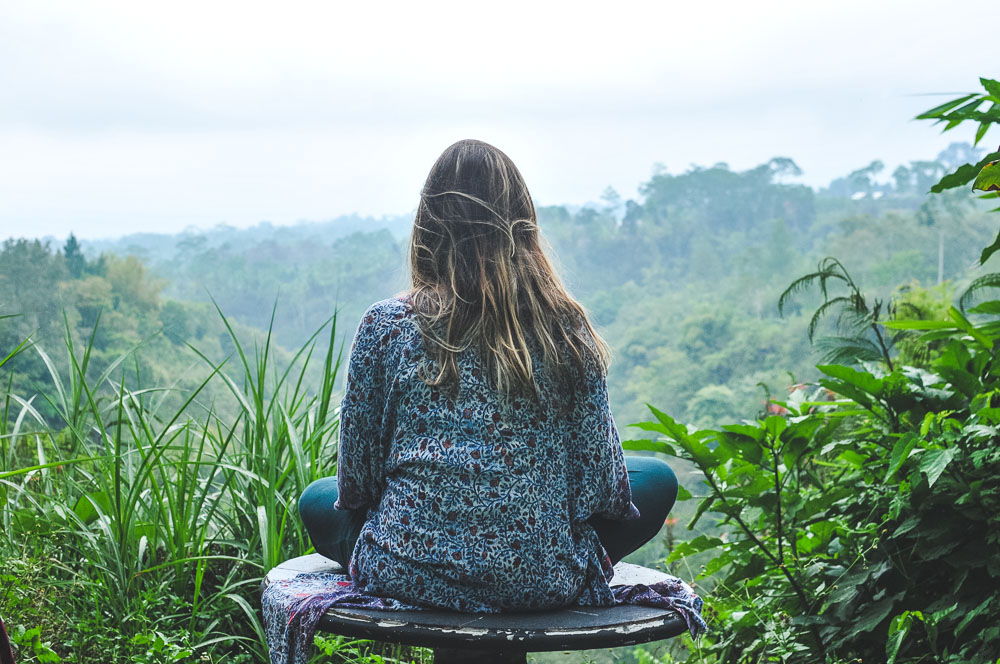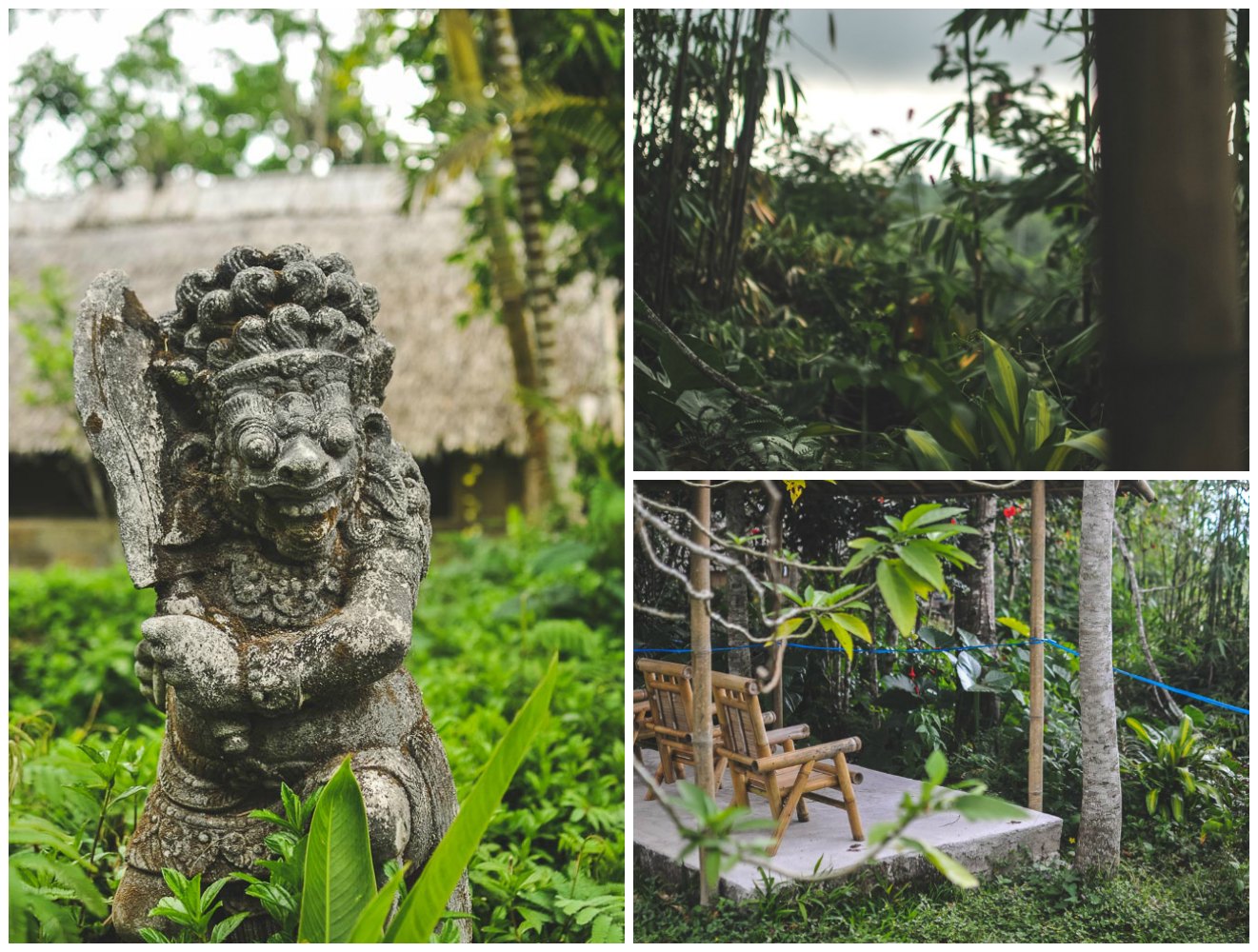Vipassana, the 10 days silent meditation

I was introduced to Vipassana during my travels, by the people that would both inspire me and settle down in my heart. First time being last autumn while the second was only three months ago, during my Indonesian holidays and at that point, I decided: I’m in!
Vipassana courses take place everywhere around the world, including Vietnam, where I live, but I somehow felt neither Hanoi nor Saigon would do for such a retreat. I simply didn’t feel it would be the right space, nor the right energy. I chose the beautiful green Bali at the heart of the Earth and I managed to enrol for a 10 days session starting at the beginning of October. At first, it was supposed to be my very private experience, but I now know it is virtually impossible to keep a Vipassana for yourself: it’s too precious not to be told and shared. Especially considering our western culture, which isn’t very well acquainted with Buddhism and its traditions.
Vipassana means an insight into the true nature of things. It means perceiving reality for what it is. It is a view I feel is somehow connected to the wisdom of Chinese medicine and that is probably why I instantly came to like it. This Buddhist technique allows us to enjoy a better and fuller life, liberating us from suffering and dissatisfaction. All life long, and according to Buddhist beliefs – in the course of our previous lives as well, we internalize specific patterns of feeling and of reacting to these feelings. We could narrow them down to two – craving and aversion. We let them carry us away, overwhelm us and lead us on, and as a result, they turn into a constant source of sadness, regret or even depression.
Working with our body and mind helps us tame these feelings and permits us to concentrate on our own, true reality – our “here and now”. At first, it is mostly about observing your breath – the print of its touch on your skin, its flow in your nostrils – then it broadens into the attentive identification of sensations flowing through your whole body. Such an observant meditation allows us to experience one of the fundamental Laws of Nature (Dhamma) – the law of Passing (Anicca), of impermanence, of the fluctuation of all feelings we experience. Once we understand this whimsicality, we can learn to control our mind and its predominant tendency to react and condition (Sankhara) rather than observe, which is the sphere of awareness (Vinnyana). In short, you might simply say we generally spend too much of our energy judging and reacting instead of just looking. We lost the balance and Vipassana is coming to our rescue in helping to find it again, in learning how to look without rousing any reactions to what we have seen. We do not let ourselves get carried away by the need to experience pleasant sensations nor by the reluctance to experience them. We just look on quietly, we wander further, fully aware it is all going to change any time soon. We keep a fully quiet mind. Concentrating on observation will allow us to achieve higher levels of feeling our body, its vibration, the pulse of all of our molecules, the energy that it creates. In this specific state, you can somehow dissolve all of the deeply imprinted patterns that rule your life, without your control, often even against your will. It is in this natural quiver, freed from any judgment, that they furl upwards from the deepest depths and fly away, disappearing, freeing us from our suffering, our unhappiness, our misery.
Vipassana helps us understand that we let ourselves be controlled by patterns and expectations which urge us to expect things or even demand them, and therefore blind us and prevent us from seeing (and tasting!) the reality, as it happens, each second around us. During these ten days, I clearly realized that sensations, feelings, people, things – they all come and go, and we too will pass and this is the one and only unchanging law that rules the world. I understood it and trusted it. I got to terms with it. And it gave me great relief. I was also given tools and means to use them in order not to generate further sham expectations, to refrain from judgment and violent reactions, from anger, resentment and jealousy in favour of understanding, empathy and unconditional love.

Landih Ashram, Kintamani, Bali – amazing place to retreat.

